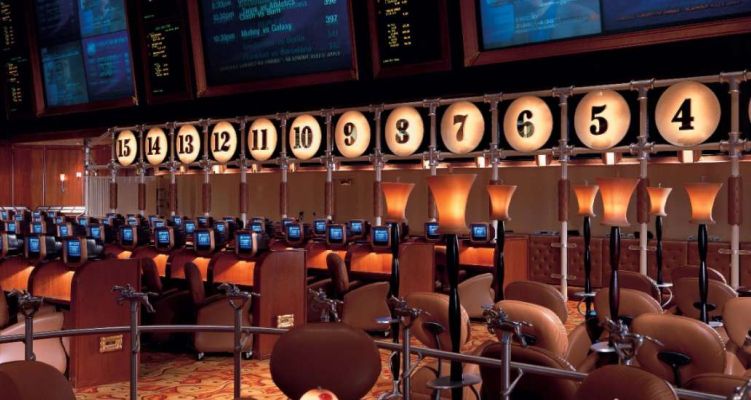The United States Supreme Court is scheduled to hold conference on New Jersey‘s fight to have their sports betting case heard on January 13. If at least four of the current eight justices decide to hear the case, parties and the public should know by January 17 and the case would go to the SCOTUS calendar for 2017. Not many options beyond waiting for another state in another circuit to beat sports betting opponents exist if the court refuses to hear the case next month.
How the justices determine whether to hear the case or not will likely depend on their view of the United States Constitution. If heard, the case could set precedence in far-reaching areas of law as it rests on core principles of state’s rights, federalism, and interstate commerce.
New Jersey and the NJ Thoroughbred Horsemen’s Association filed briefs Wednesday in response to professional sports leagues filings earlier asking the court not to hear the state’s appeal. The parties are appealing a Third Circuit Court en banc panel’s decision this summer that determined New Jersey’s attempt to partially repeal sports betting laws applying to casinos and racetracks, left them in effect for any other venue in the state – effectively still legalizing them in violation of the 1992 Professional and Amateur Sports Protection Act.
The appealing parties (joined by Mississippi, West Virginia, Arizona, Louisiana, and Wisconsin) say that Congress, while able to regulate citizens, may not “require the states to govern by Congress’ instruction.”
In his brief to the court, Governor Chris Christie argued that “Congress lacks the power to compel a State to prohibit acts under its own state laws. If all a State does is narrow its own state-law prohibitions, there is nothing Congress constitutionally may preempt.”
In the Horsemen’s separate brief the NJTHA argued that “PASPA regulates the content of state law without any federal rule governing commerce as its foundation,” whereas federal statutes that preempt state law do so as a consequence of the creation of some federal rule governing commerce.
In a nutshell, the federal government is or is not allowed to force a state to repeal or reinstate their own laws.
In 1992 the PASPA barred all but four states from allowing sports betting. Those states already had existing laws on the books authorizing the practice to one degree or another. New Jersey failed to authorize sports betting before the federal law took effect. After a 2012 law allowing sports betting in the state was struck down in 2012, Governor Christie signed a law into effect repealing the state’s prohibition of betting at casinos and racetracks in a move that led to the current case before the court.
That law was also tossed by a federal judge in New Jersey as well as at a full hearing before all 12 active judges of the circuit court of appeals in Pennsylvania. Optimism lit up the sports betting media when the court decided that the issue was too complicated to be heard by only three judges and went to the en banc panel.
New Jersey pols have long fought to legalize sports betting in the state as a way to raise revenues and help the struggling Atlantic City casino industry. Currently, only Borgata has a race book and no legal venues in the state offer sports books. The American Gaming Association (AGA) estimates that at least $150 billion a year is wagered illegally on sports betting in the United States which provides revenues to organized crime rather than to states as it would in a well-regulated market.



